Artificial Intelligence (AI) is rapidly becoming an essential part of space exploration and space-related technologies. Understanding how AI contributes to advancements in space helps researchers and organizations unlock new possibilities beyond our planet.
What is AI in Space?
AI in space refers to the use of intelligent algorithms, machine learning, robotics, and data analysis techniques to support space missions, satellite management, planetary exploration, and space-based research.
How AI Works in Space Exploration
AI systems process massive amounts of data from satellites, telescopes, and space missions. By analyzing these datasets, AI helps detect patterns, automate spacecraft navigation, and enable decision-making in real-time, even in deep-space missions where communication delays with Earth can be significant.
Key AI Applications in Space
Autonomous Navigation: AI allows spacecraft and rovers to navigate independently, avoiding obstacles and making path adjustments without human input.
Predictive Maintenance: AI monitors the health of satellites and space equipment to predict failures and schedule timely repairs.
Data Analysis: AI quickly processes images, signals, and sensor data to identify celestial bodies, study planetary surfaces, and detect potential hazards.
Robotics: AI-driven robots perform tasks such as assembling structures in space and exploring harsh environments on other planets.
Earth Monitoring: AI assists satellites in tracking climate patterns, natural disasters, and environmental changes.
Benefits of Using AI in Space
AI enhances mission efficiency, reduces human workload, accelerates data processing, and enables real-time decision-making in distant or hazardous locations. It also supports long-duration missions by allowing systems to operate independently.
Limitations to Consider
AI in space faces challenges such as limited computational resources, exposure to cosmic radiation, and the need for highly reliable systems. Continuous human supervision and testing are essential to ensure mission success.
Conclusion
AI presents exciting opportunities in the space sector, enabling faster discoveries and more advanced space missions. By combining AI with human expertise, the future of space exploration can reach new heights, offering solutions to complex challenges both in space and on Earth.


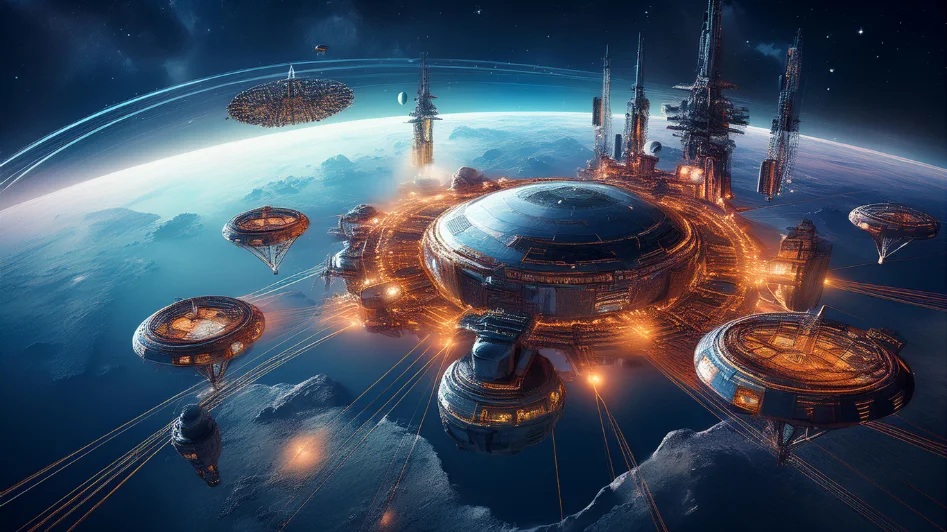
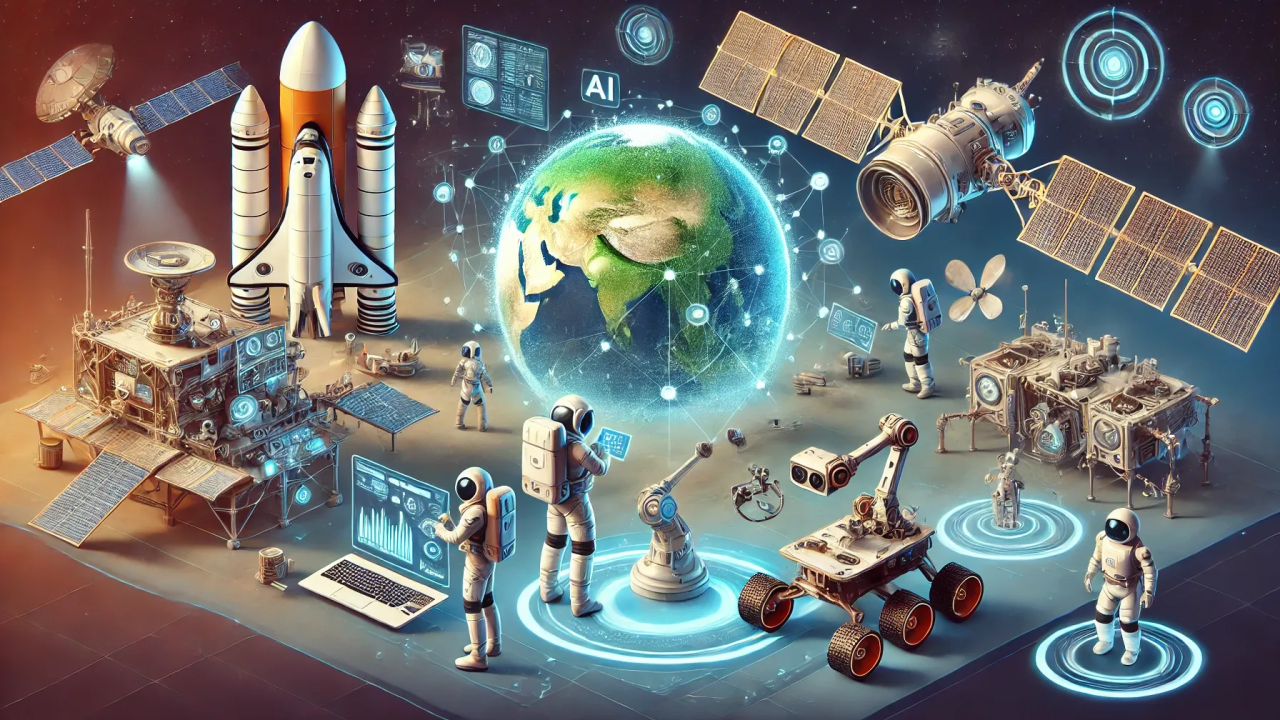
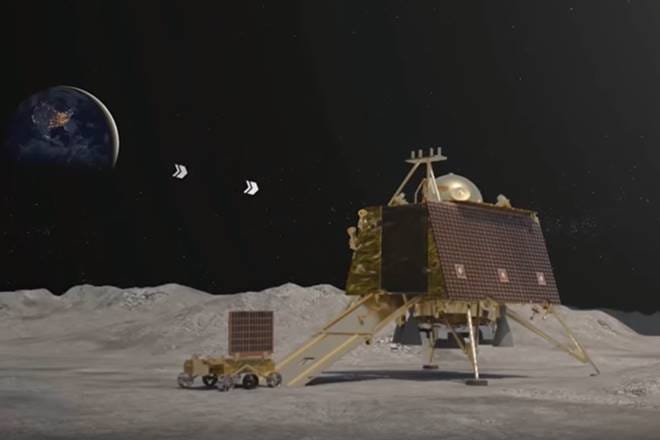
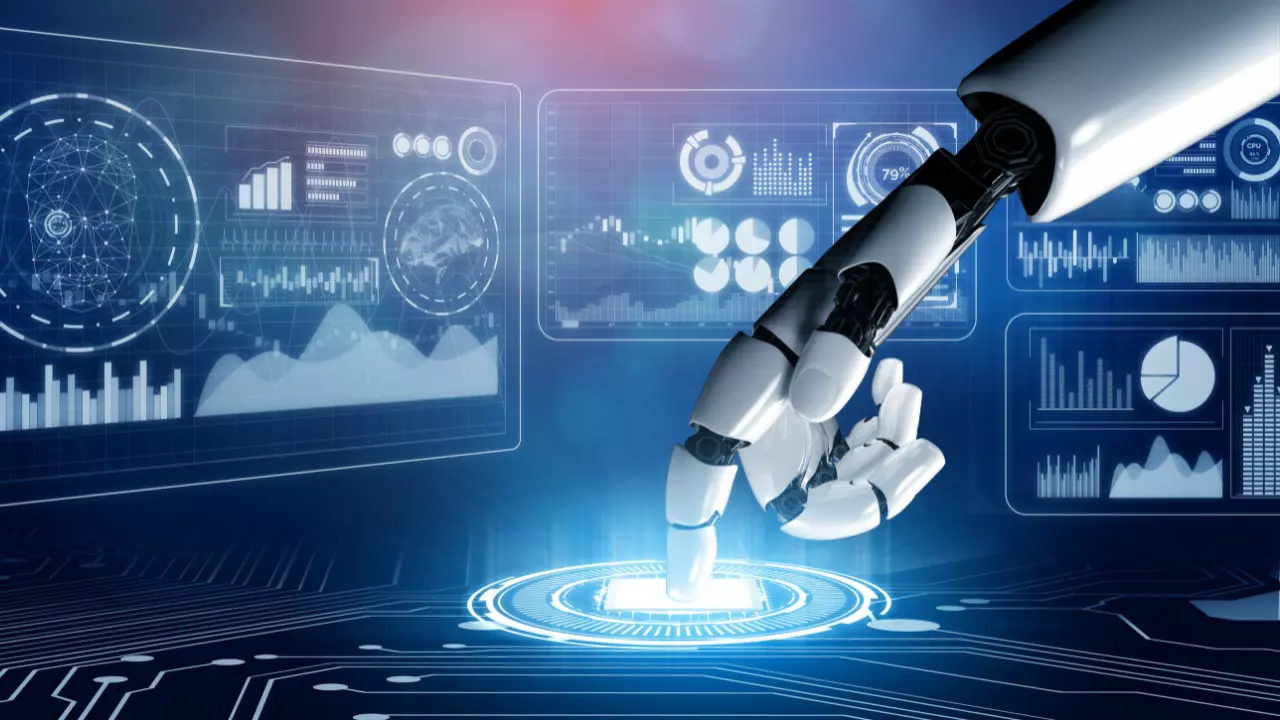
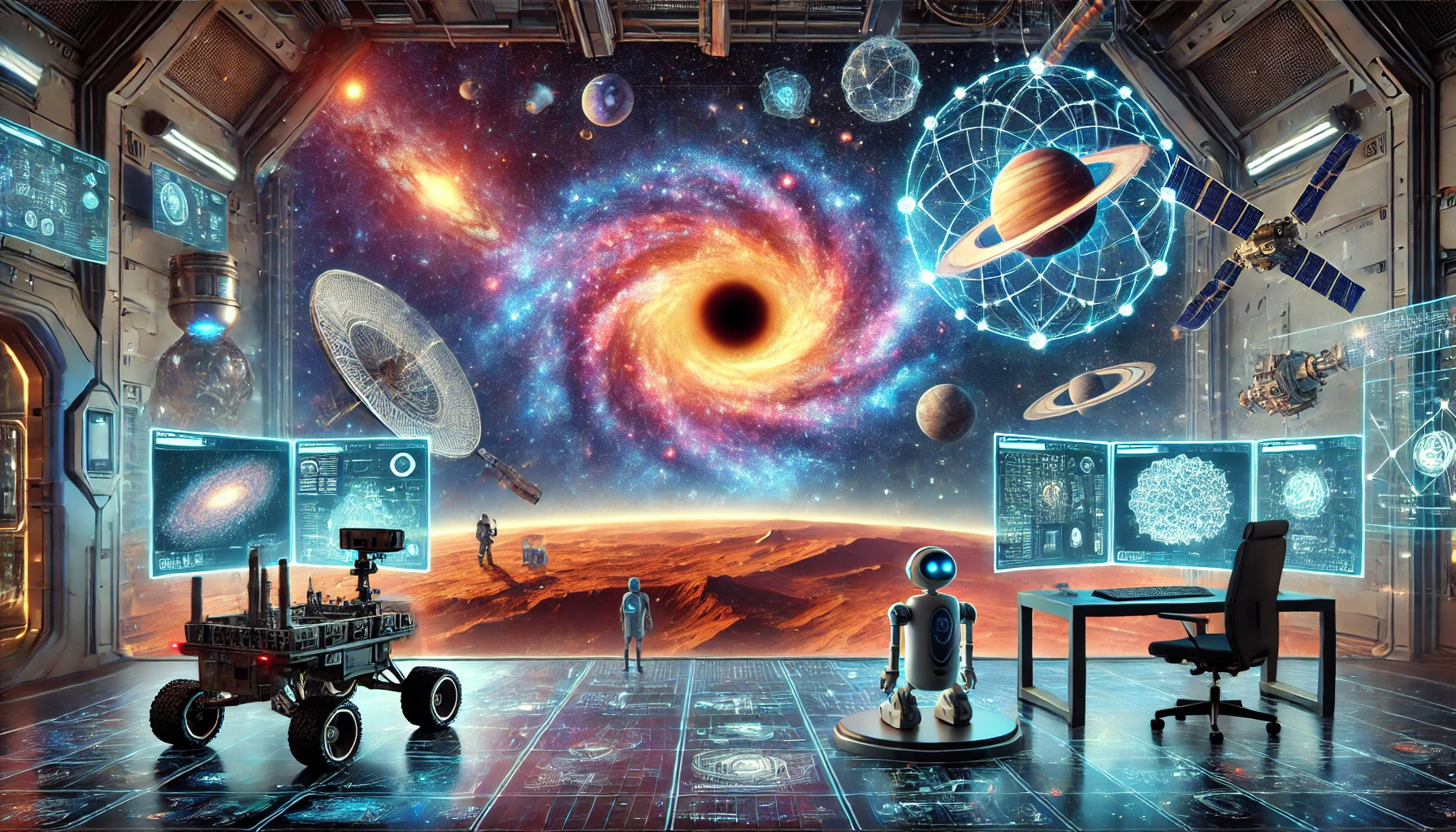
Leave feedback about this